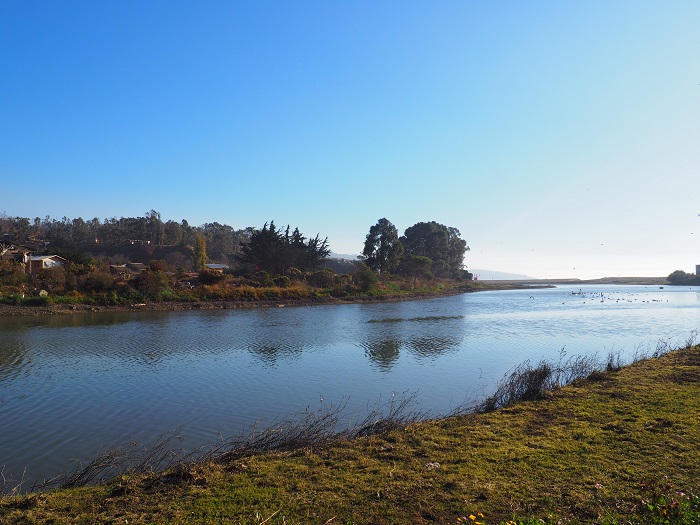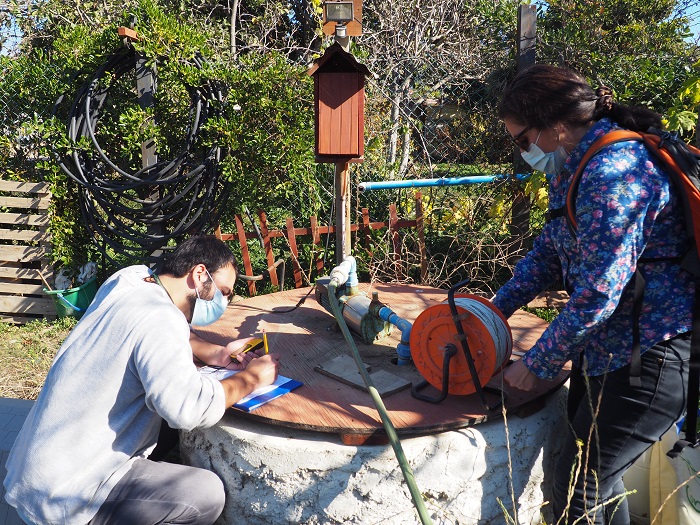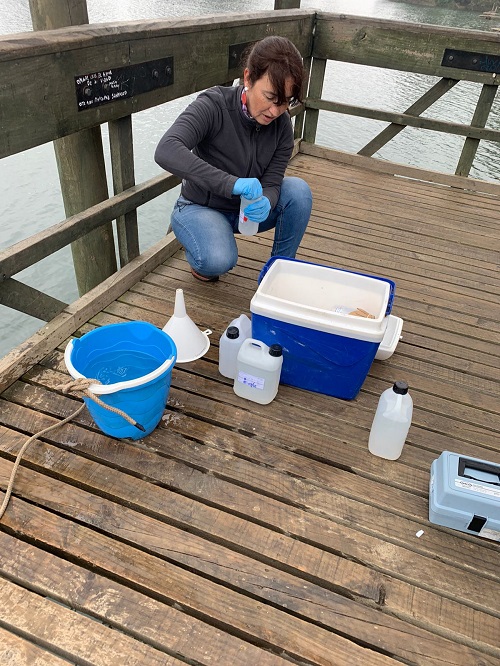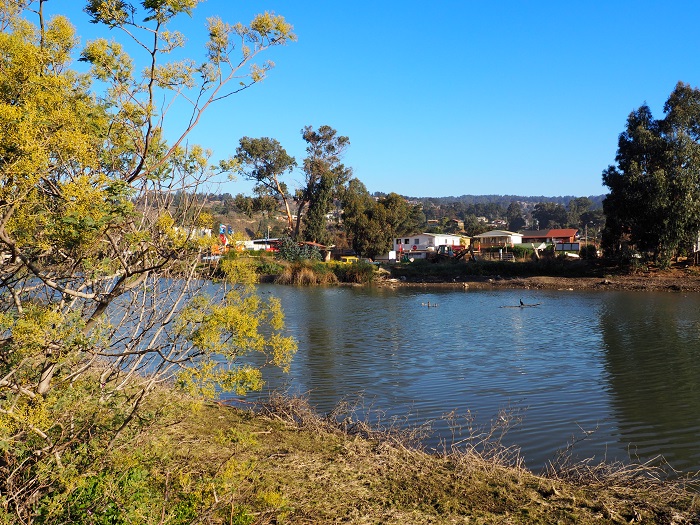There is an ever-increasing interest on desalination in Chile. Formerly, desalination was mostly focused on mining applications, but now there is ongoing developments for water supply and agriculture uses driven by the desalination law under revision.
In this context, Sacyr Water is developing project Capta (Centro Avanzado para Tecnologías del Agua), along with other organizations, with the aim of developing desalination facilities both for seawater and groundwater.
Climate change has a huge effect on Chile. In fact, the Atacama Desert is expanding, which is worrisome for farmers (as agriculture is the third source of income in Chile) and the general population due to less consumption.
“It’s important for us at Sacyr Water to promote desalination alternatives in Chile, since there is a strong rejection from the population, mainly due to ignorance”, explains Domingo Zarzo, Director of Innovation and Strategic Projects at Sacyr Water.

Sacyr Water has already done some desalination projects with Minera Mantoverde mining company in Chile.
“We are currently applying a multicriteria model to define the optimal desalination areas, based on terrain, weather, etc.”, said Claudio Sáez Avaria, Director of the Environmental Hub of Universidad de Playa Ancha.
There are two projects in development based on our previous experience with Deseacrop project in Spain, adapted to terrain conditions in Chile.

The first project consists of the installation of a modular desalination facility, in collaboration with Chilean company Vigaflow. “We installed it in a farming area, where there is a community of small farmers. They would use water wells that are experiencing seawater infiltration, which affects the crops negatively”, this researcher says.
“To them it is a problem, but to us it’s an opportunity. We tried using desalinated water in strawberry and quinoa crops”, says Claudio. Capta collaborates with the local Valparaíso government, the Undersecretary for Agriculture, and the Presidential deputy office in Petrorca.
Another project uses sea water from coast reservoirs to desalinate in an industrial facility.

“The advantage of using water from reservoirs is that it mixes fresh water from the continent and sea water from the coastal area due to saline infiltration. That is more cost-efficient, as the soil acts as a pre-filtration medium before it is ran through the reverse osmosis membranes. Thus, we save energy, as the water needs no pre-filtration and requires less energy to desalinate due to its lower salt content”, Claudio explains.
Now we are working on a pilot project in a 30,000-population town, to the south of Valparaíso, where there is a major wine culture industry, that could use the water from a future industrial desalination facility.
